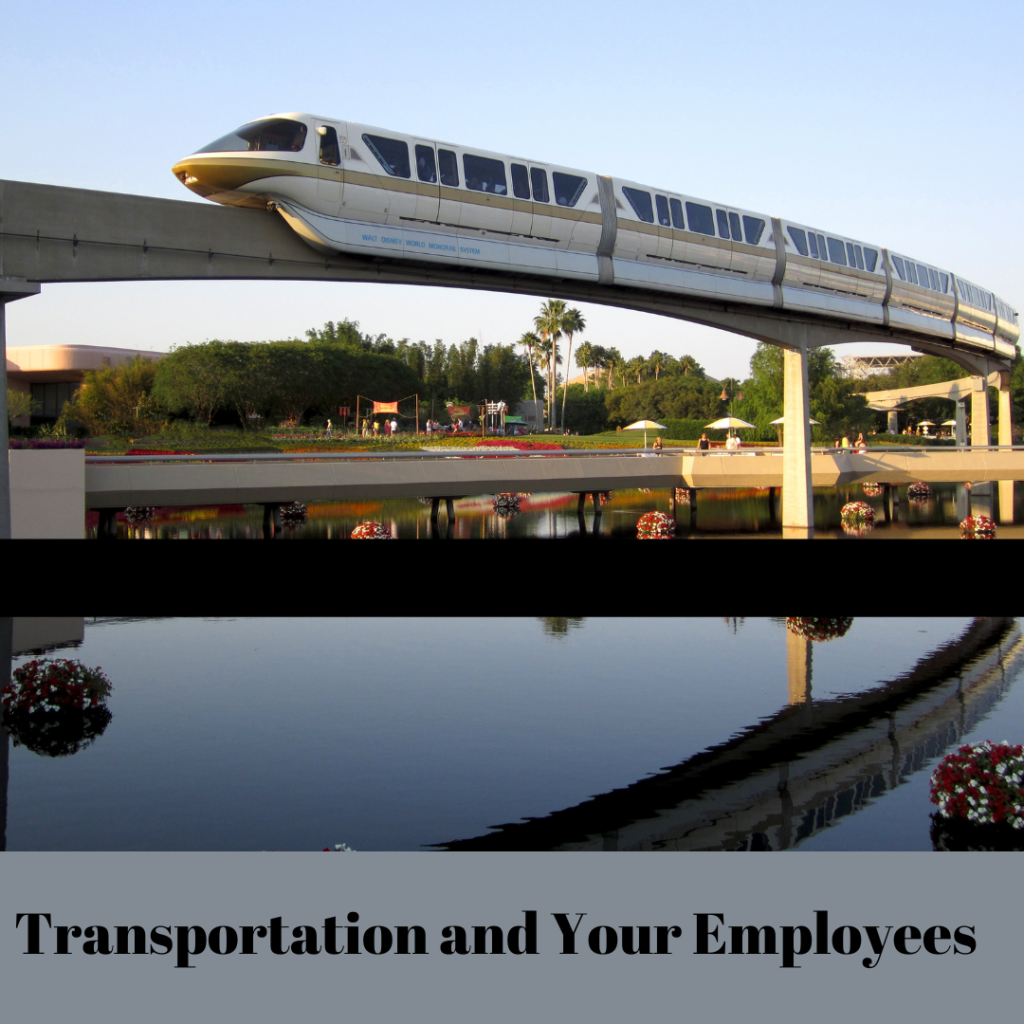What Employers of Illinois Workers Need to Know:
On July 28, 2023, Illinois Governor J. B. Pritzker signed into law the Transportation Benefits Program Act (the Act). The Act, effective January 1, 2024, requires “Covered Employers” to enact a pre-tax transportation benefits program that allows “Covered Employees” the ability to pay for a transit pass with pre-tax dollars up to the amount determined by the IRS under 26 USC 132(f)(1)(B). Let’s break that down for you:
What is required?
All covered employers must provide a pre-tax commuter benefit to covered employees. The pre-tax commuter benefit must allow employees to use pre-tax dollars for the purchase of a transit pass, via payroll deduction, so the costs for such purchases may be excluded from the employee’s taxable wages and compensation up to the maximum amount permitted by federal tax law, consistent with 26 U.S.C. 132(f) and its rules and regulations.
Who is a Covered Employer?
“Covered employer” means any individual, partnership, association, corporation, limited liability company, government, non-profit organization, or business trust that directly or indirectly, or through an agent or any other person, employs or exercises control over wages, hours, or working conditions of an employee, and that:
Is located in: Cook County; Warren Township in Lake County; Grant Township in Lake County; Frankfort Township in Will County; Wheatland Township in Will County; Addison Township; Bloomingdale Township; York Township; Milton Township; Winfield Township; Downers Grove Township; Lisle Township; Naperville Township; Dundee Township; Elgin Township; St. Charles Township; Geneva Township; Batavia Township; Aurora Township; Zion Township; Benton Township; Waukegan Township; Avon Township; Libertyville Township; Shields Township; Vernon Township; West Deerfield Township; Deerfield Township; McHenry Township; Nunda Township; Algonquin Township; DuPage Township; Homer Township; Lockport Township; Plainfield Township; New Lenox Township; Joliet Township; or Troy Township; and
Employs 50 or more covered employees in a geographic area specified in paragraph (1) at an address that is located within one mile of fixed-route transit service.
Who is a Covered Employee?
A “Covered employee” means any person who performs an average of at least 35 hours of work per week for compensation on a full-time basis.
What is Public Transit under the Act?
“Public transit” means any transportation system within the authority and jurisdiction of the Regional Transportation Authority, which includes the CTA, Metra, and Pace. A covered employer can comply by participating in a program offered by the Chicago Transit Authority or the Regional Transportation Authority.
“Transit pass” means any pass, token, fare card, voucher, or similar item entitling a person to transportation on public transit.
When does the benefit start?
This benefit must be offered to all employees starting on the employees’ first full pay period after 120 days of employment. All transit agencies shall market the existence of this program and this Act to their riders in order to inform affected employees and their employers.
How can businesses determine if they fall under the “one mile of fixed-route transit service” rule?
The Act requires that the Regional Transportation Authority make publicly available a searchable map of addresses that are located within one mile of fixed-route transit service.
Does this apply to employees under a Collective Bargaining Act?
No. The Act states “Nothing in this Act shall be deemed to interfere with, impede, or in any way diminish the right of employees to bargain collectively with their employers through representatives of their own choosing in order to establish wages or other conditions of work in excess of the applicable minimum standards of the provisions of this Act. Nothing in this Act shall be deemed to affect the validity or change the terms of bona fide collective bargaining agreements in force on the effective date of this Act. After the effective date of this Act, the requirements of this Act may be waived in a bona fide collective bargaining agreement, but only if the waiver is set forth explicitly in such agreement in clear and unambiguous terms.
If you have questions about the content of this blog or employment law needs, contact Navigant Law Group, LLC at (847) 253-8800 or email us at hello@navigantlaw.com.
At Navigant Law Group we know the ropes of the legal system. Business services include: Contract Law, Employment Law, Intellectual Property, WBE / MBE / VBE / LGBT / DBE Certification, Commercial Real Estate, and other general Business Law services. Individual services include Estate Planning, Wills and Trusts, Administration, Probate, and Guardianship. Our attorneys’ unparalleled focus on goal-oriented, detailed planning and advice will have you ship shape in no time. Want to succeed in your business and make your personal goals a reality in the new year? Come chart your course with Navigant Law Group, LLC!
This article constitutes attorney advertising. The material is for informational purposes only and does not constitute legal advice.
